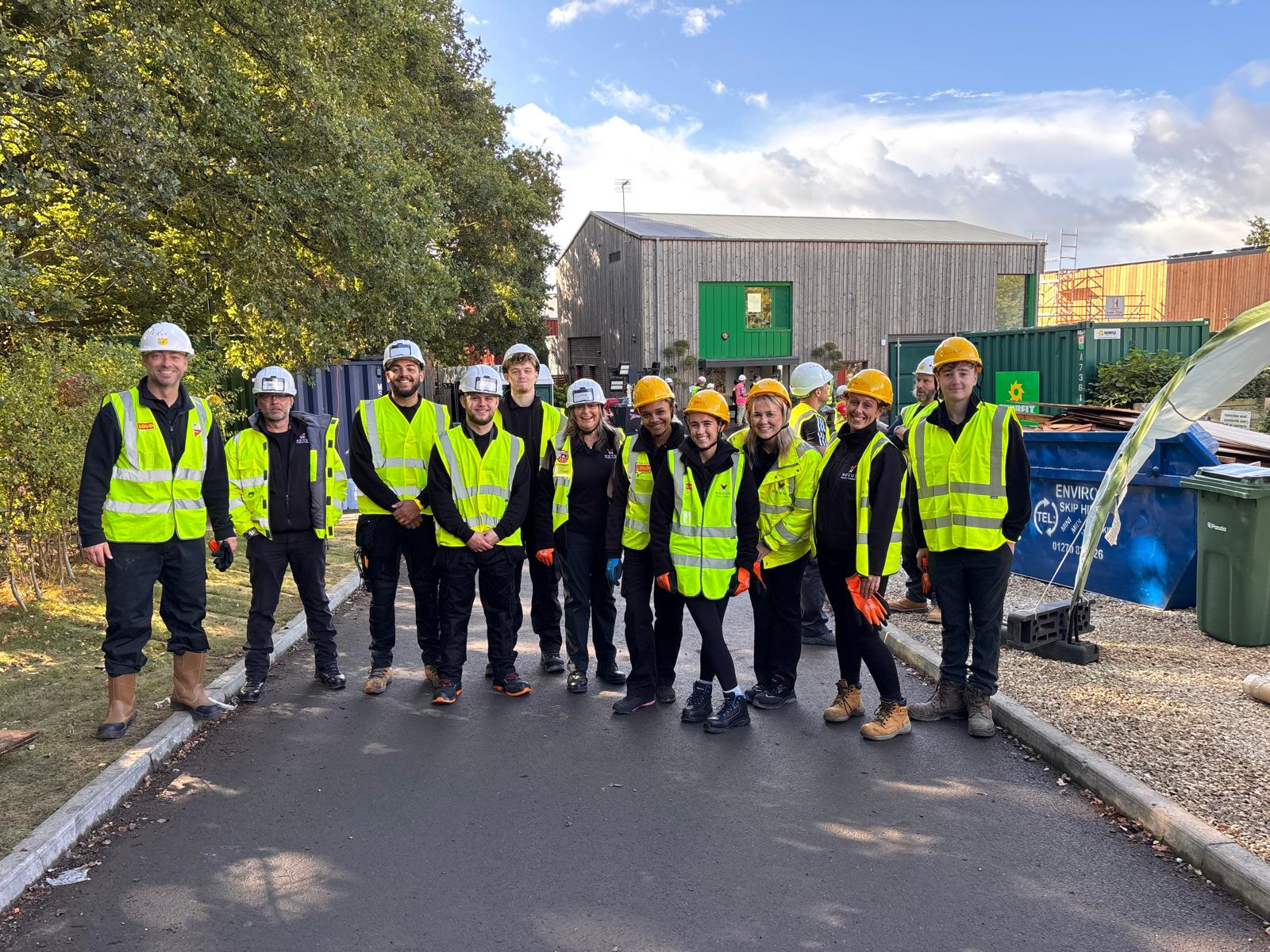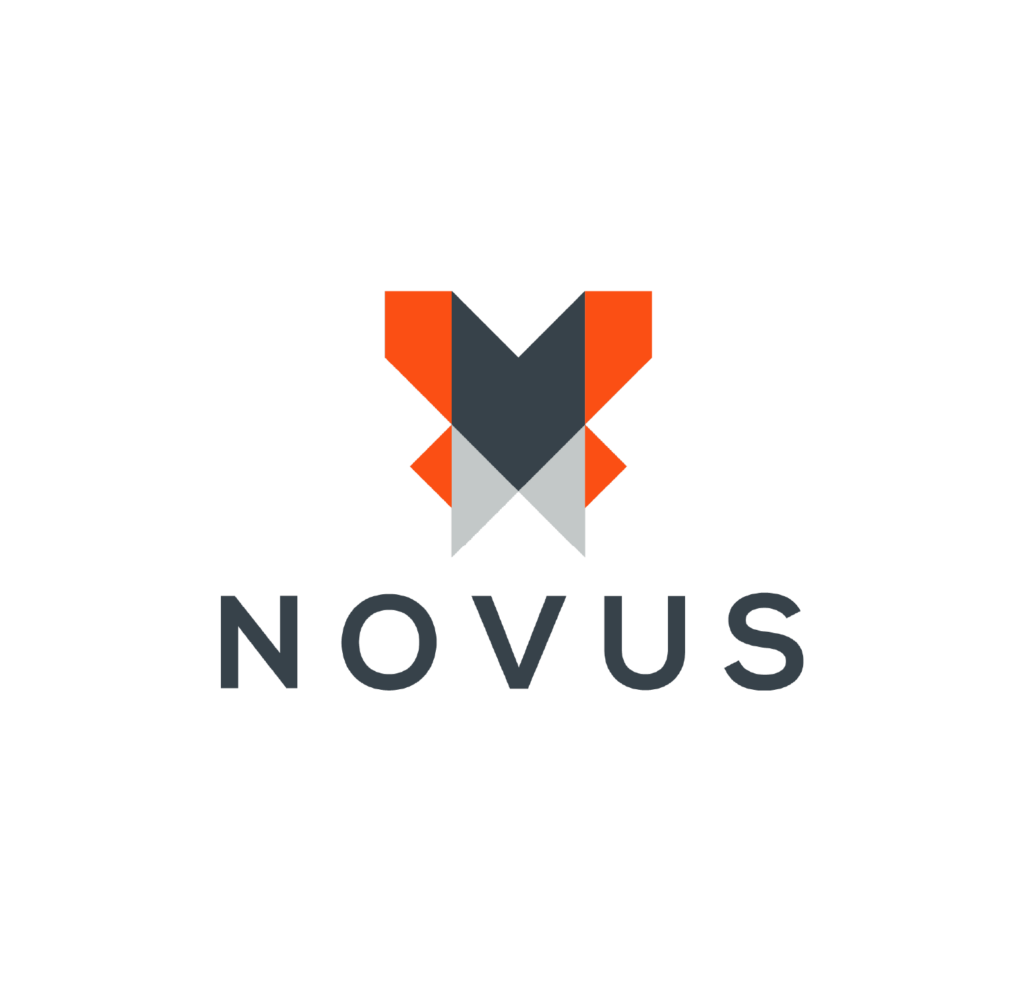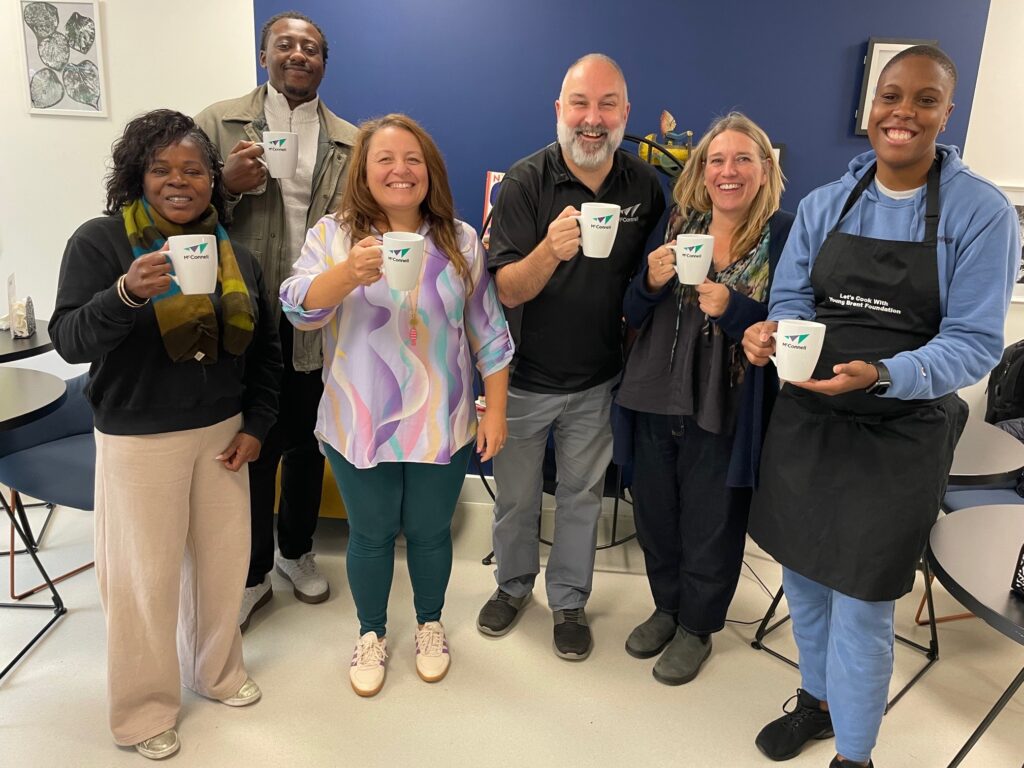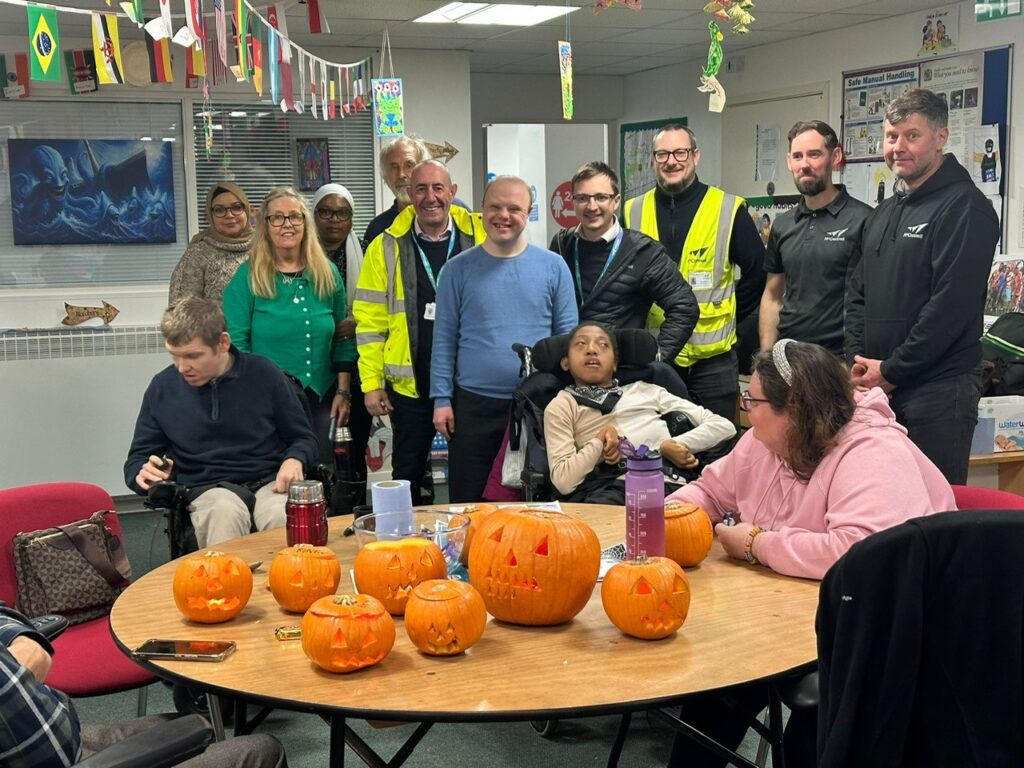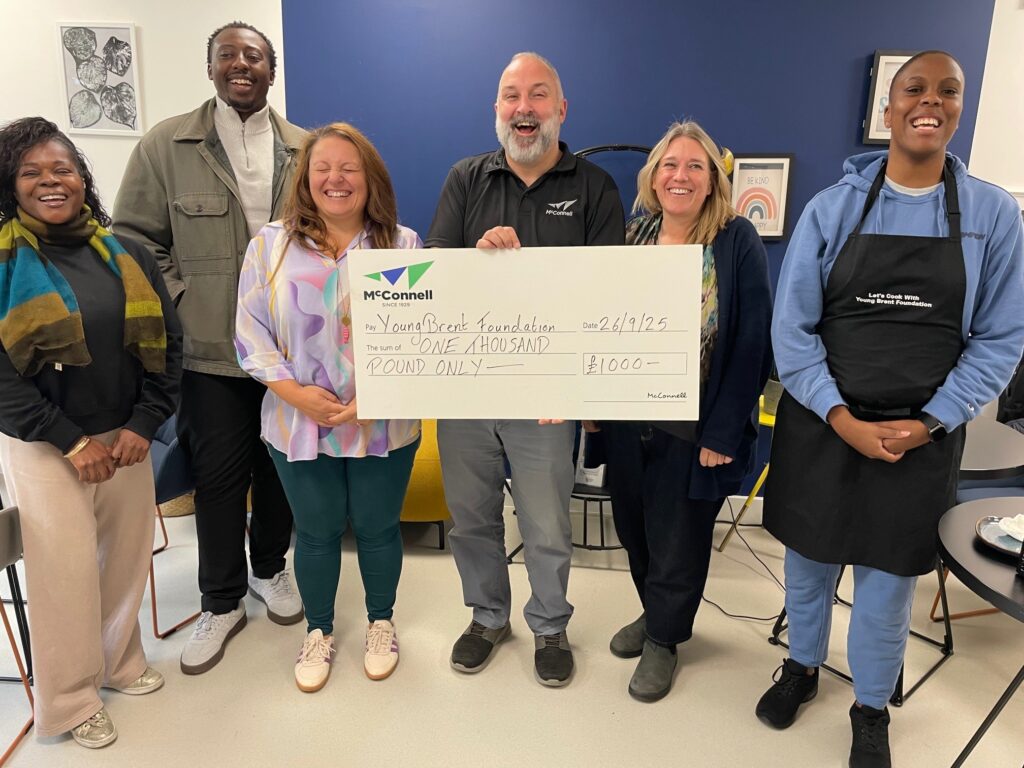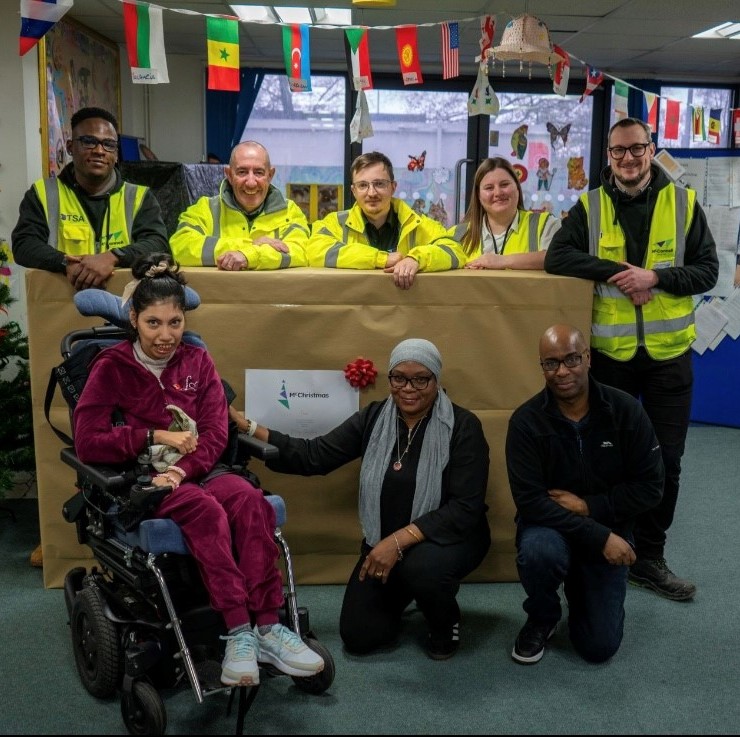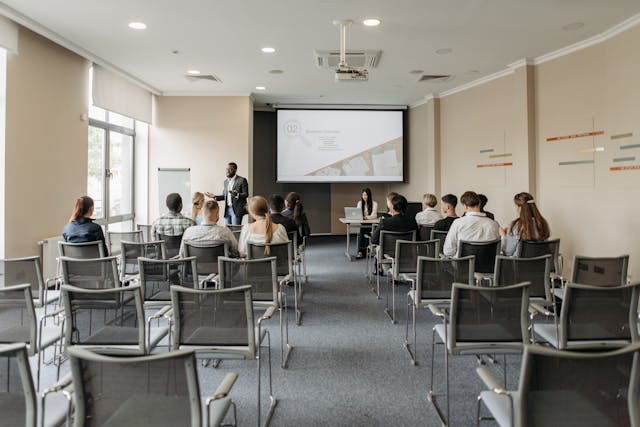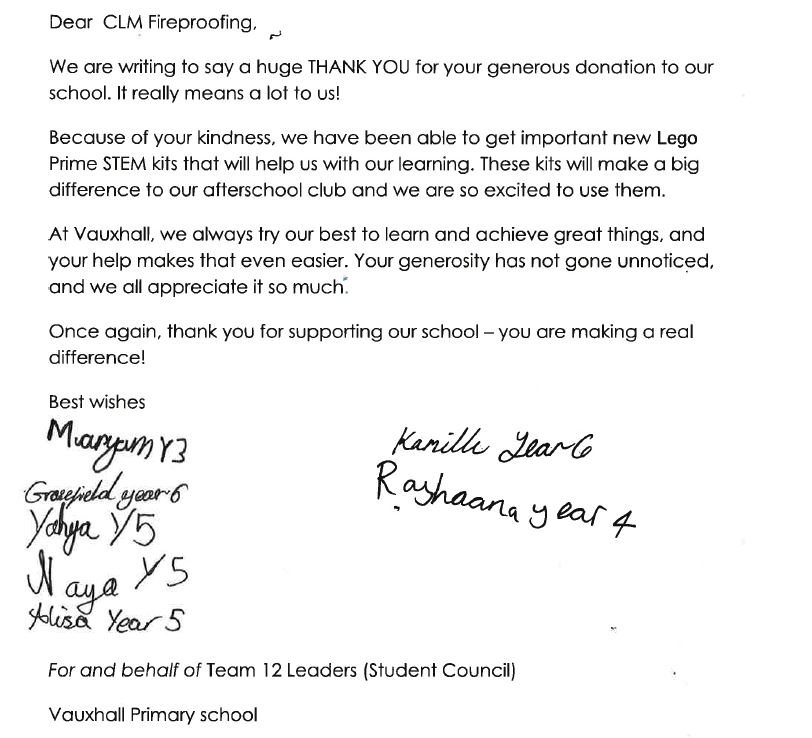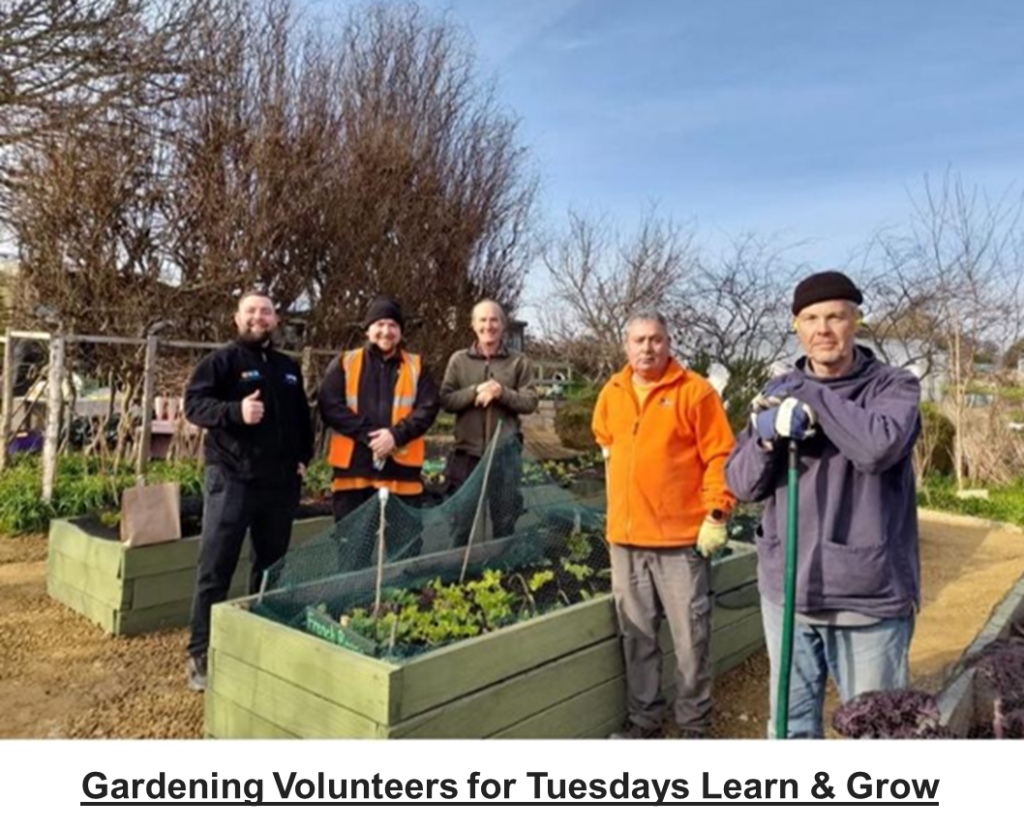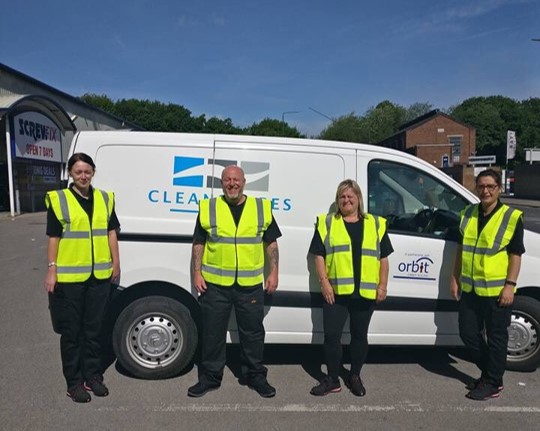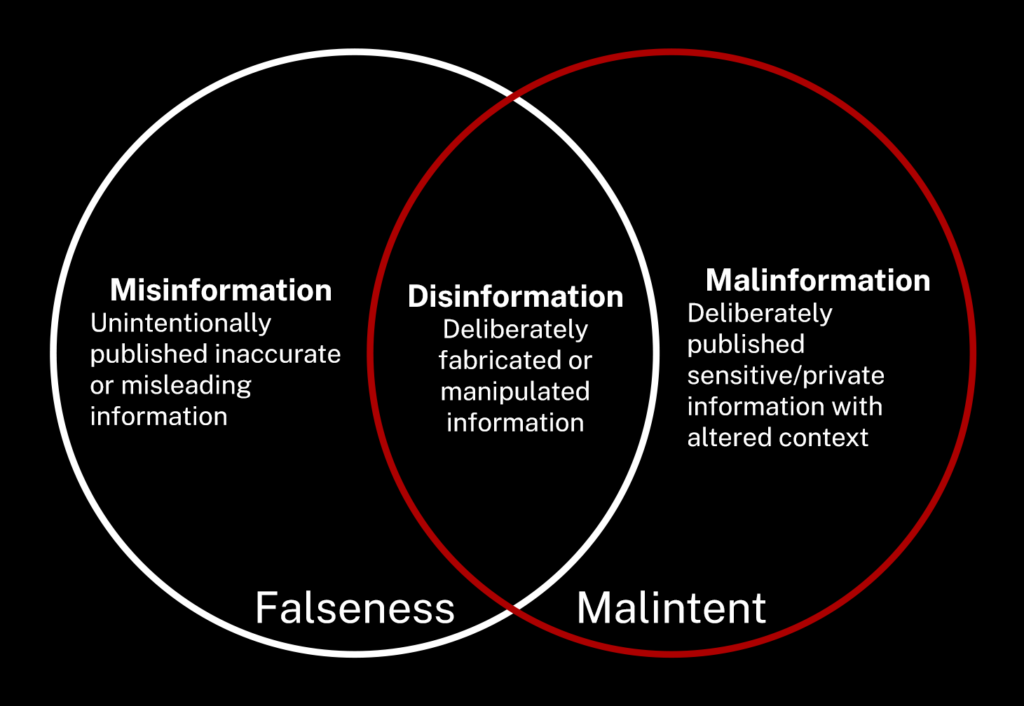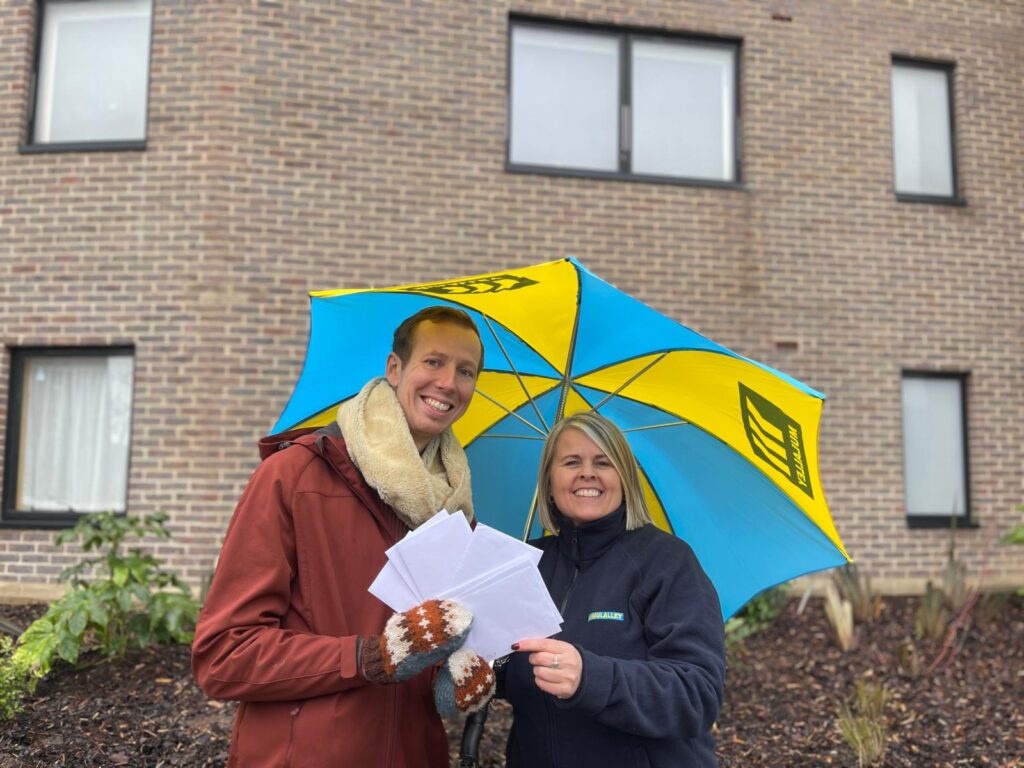

Founded in 1972 by the O’Malley family, Mulalley is a private, family-owned construction company based in Woodford Green, Essex.
Specialising in new housing, social and education projects, major refurbishment, estate regeneration and maintenance across London and the South East, the company delivers a turnover in excess of £150 million per annum and over 400 staff.
With a long-standing commitment to investing in the communities they work in, from local employment initiatives to training and apprenticeship schemes, Social Value at the heart of what they do.
We sat down with Christina Byrne, Head of Social Value, at Mulalley to find out how Match My Project has helped them make a real difference — and what other suppliers and community organisations can learn from their experience.
Why Match My Project?
“We started using Match My Project because it helps Mulalley connect with the right partners and opportunities that align with our Social Value offering,” Christina explains.
“It makes the process more efficient and ensures projects deliver meaningful impact, based on the request from community organisations.”
Honestly, Match My Project is a brilliant platform — I’d recommend it to anyone who wants to create real impact.
— Christina Byrne, Head of Social Value, Mulalley
A smarter way to do more
The platform has made a real difference to how Mulalley operates day to day. “Before, it was time-consuming and often hit-or-miss,” Christina says. “Now, we can match opportunities in minutes instead of days, which has saved us a lot of time and effort.”
But for Christina, the biggest gains have come from the relationships it’s helped build:
“It’s helped us build stronger partnerships and deliver projects that create real social impact in the communities we serve,” she adds.
She’s also proud to represent Mulalley in the Match My Project Supplier User Group, which has given her insight into how the platform works and the chance to suggest improvements.
“Honestly, it’s a brilliant platform — I’d recommend it to anyone who wants to create real impact.”
One big lesson we’ve learned is the importance of listening first and co-creating solutions rather than assuming what’s needed. That’s changed how we approach Social Value delivery, we now focus on collaboration and flexibility, making sure projects are shaped by the communities themselves.
— Christina Byrne, Mulalley
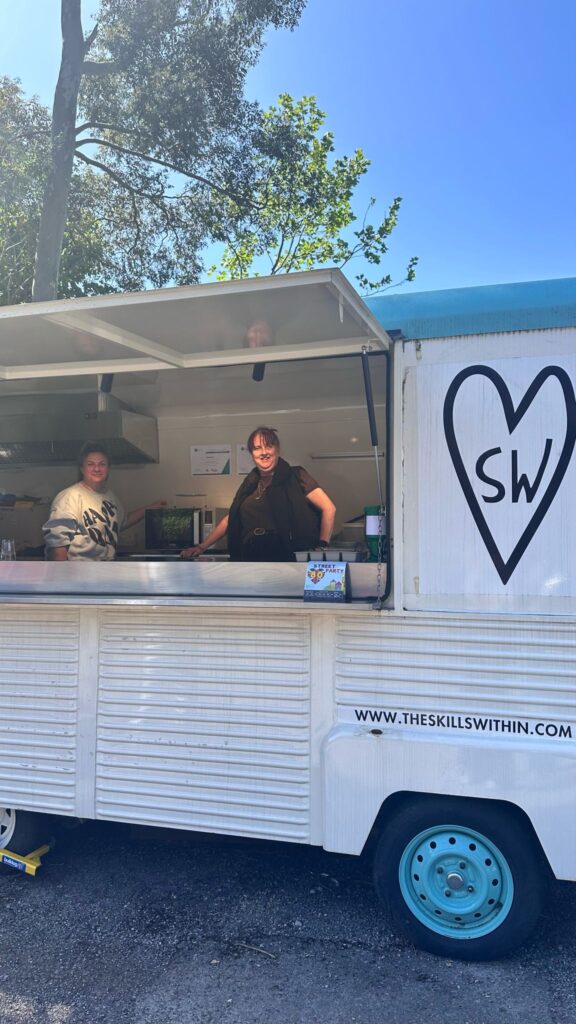
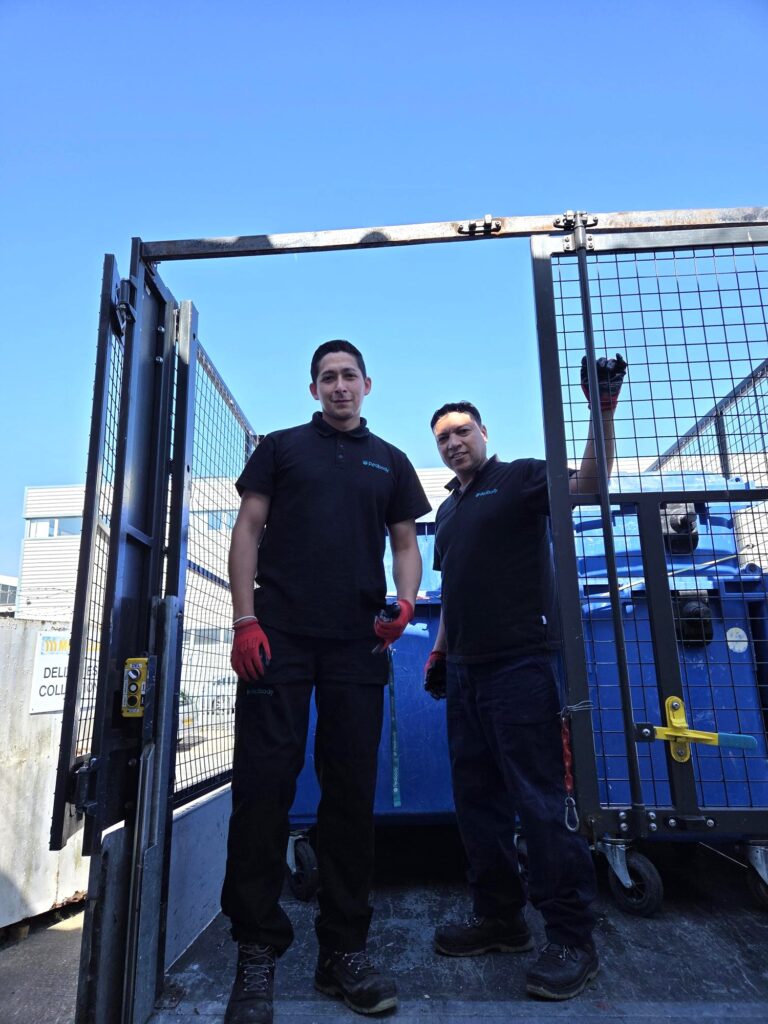

Listening First, Co-Creating Together
Working directly with community organisations through the platform has been one of the most rewarding parts of the experience for Christina.
“They bring local knowledge and lived experience that we simply can’t replicate internally,” she says.
It’s also changed how Mulalley thinks about Social Value:
“One big lesson we’ve learned is the importance of listening first and co-creating solutions rather than assuming what’s needed,” Christina explains. “We now focus on collaboration and flexibility, making sure projects are shaped by the communities themselves.”
A great example of this is Mulalley’s recent work with Bromley & Croydon Women’s Aid. After the charity submitted a request and discussed their needs in detail with the team, Mulalley made the decision to triple their original donation to ensure a bigger impact.
“MMP helps us make our work more relevant, impactful and sustainable,” Christina says.

Tips from the top
Since joining Match My Project in 2024, Mulalley have registered with nine of out of a growing list of authorities we are partnering with — including A2Dominion, Croydon Council, Peabody and Royal Borough of Greenwich.
They’ve already supported 16 projects across 12 organisations, with 3 more projects in the pipeline.
So what’s the secret? Christina’s advice for suppliers is simple: “Be proactive! Don’t just wait for requests — actively look for ways to add value. Build strong relationships with community partners, listen to their needs and go above and beyond when you can.”
“It’s not about ticking boxes or numbers,” she adds. “It’s about creating real impact. That’s how you climb the leaderboard and make a difference.”
Are you a business looking for a more efficient way to make an impact in your community? It takes just 2 minutes to sign up. Find your local authority at matchmyproject.org to get started.

A word for community organisations
Finally, Christina has some invaluable advice for community organisations looking to get noticed.
“Be clear and compelling about the impact your project will have,” she says. “Businesses like us want to understand the difference our support will make, so share real stories, outcomes and the community benefit. Keep your requests specific and realistic — what do you need and why?”
Engagement is key, too. “Update your profile, respond quickly and build relationships. The more transparent and collaborative you are, the more likely businesses will notice and want to get involved.”
And don’t think it has to be all about funding. “If direct financial support isn’t needed, think creatively about other resources that could help,” Christina suggests. “We can often provide time, materials, expertise, or connections to make your project a success. By being flexible and open to alternative solutions, you can still achieve great outcomes.”
Need support – on a particular project or with core delivery? It takes less than 15 minutes to sign up and post a request. Find your local authority at matchmyproject.org to get started.
Match My Project is proud to spotlight Mulalley as February’s Supplier of the Month.
Read more
Supplier of the month: Novus Property Solutions — building community, maintaining trust, December 2025
Supplier of the month: McConnell — building with care, November 2025
Supplier of the month: How Greenmount Projects make community part of their business, October 2025









